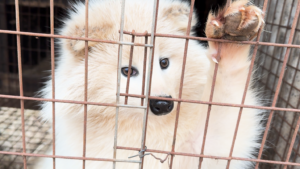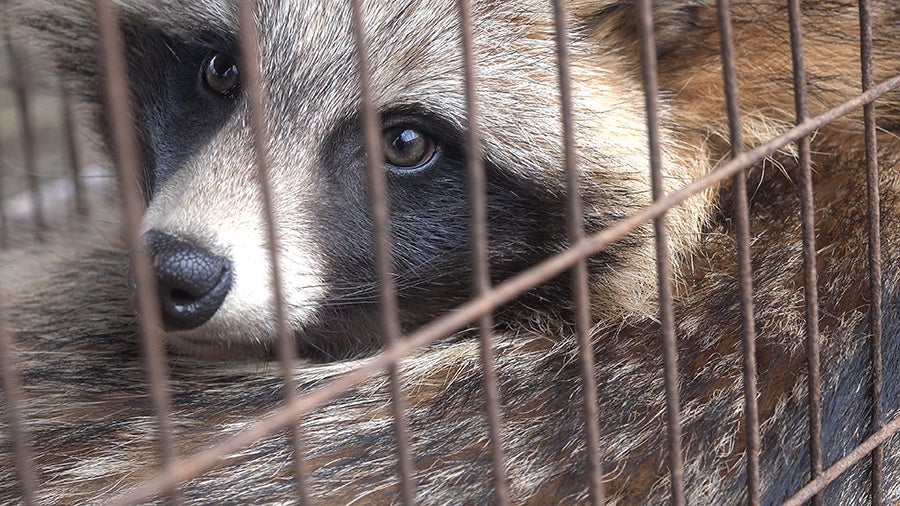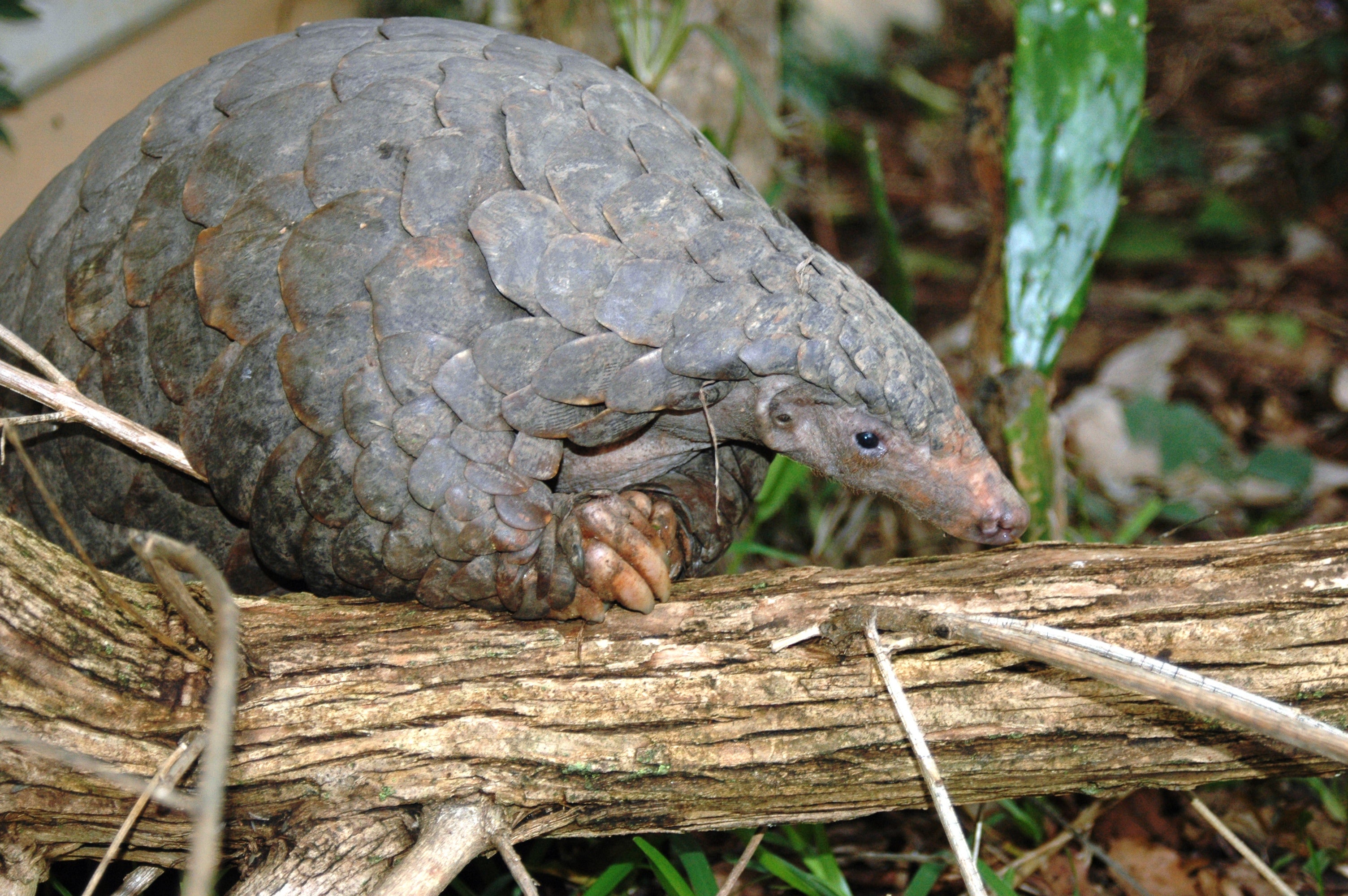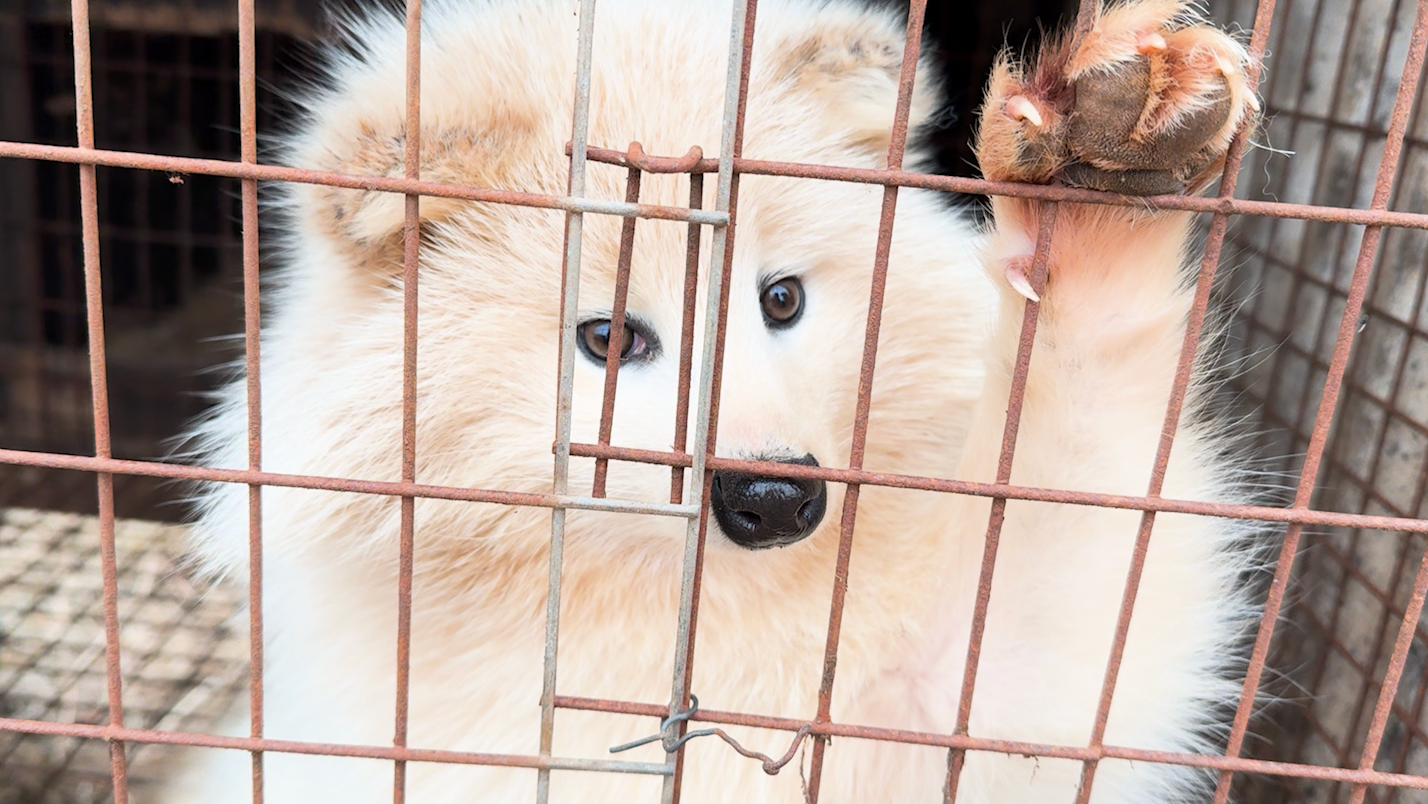
LONDON—Dozens of new viruses have been detected in animals in China, including those on fur farms, providing damning evidence of the public health risk of the fur industry and leading animal protection charity Humane Society International/UK to intensify its call for an end to the trade. In a new study published in Nature, scientists studying animals farmed for their fur in China found 36 new viruses, as well as identifying viruses associated with human infections and frequently observing potential cross-species transmission of coronavirus and avian influenzas. The paper’s authors warn that fur farms act as a hub for transmitting viruses.
The study, which tested 461 tissue samples from fur-bearing animals, identified 39 viruses classed as “potentially high-risk” for transmission to humans, including 13 novel viruses and 11 zoonotic viruses which can be transmitted from animals to humans. These potentially high-risk viruses were found in mink, arctic foxes and rabbits, as well as raccoon dogs who carried the most (up to 10), with the scientists noting that these animals “constituted potentially high-risk hosts for the transmission of viruses to humans and other animals”. Seven coronavirus species were identified in 66 farmed fur animals. The authors also state particular concern about finding bat coronaviruses (HKU5), and separately, avian influenza (H5N6) viruses in farmed mink, and note that co-infection is commonplace.
Claire Bass, senior director of campaigns and public affairs at Humane Society International/UK, said: “This new study needs to be a major wake-up call to politicians to stop us from sleep walking into another pandemic. The results couldn’t be clearer, fur farms are a ticking time bomb for deadly infectious diseases, all for a completely outdated ‘fashion’ product that no-one needs. Governments that still permit fur farming, including in the EU and China, must stop playing Russian roulette with public health and bring bans into place. Countries trading in fur are fully complicit in this public health risk and must stop imports to help shut down this cruel and deadly industry.”
Just last year, HSI/UK released alarming footage from fur farms in north China of animals kept in intensive conditions, including in close proximity to poultry, despite the potential for zoonotic disease spread. Investigators witnessed several other biosecurity risks including widespread use of antibiotics, animal feed containing raw chicken meat and the sale of raccoon dog carcasses for human consumption.
The new study is not the first time that scientists have raised concerns over about the risks of fur farms spreading viruses with pandemic potential. In July 2023, after outbreaks of avian flu (H5N1) on mink and fox fur farms in Spain and Finland, virologists from Imperial College London’s Department of Infectious Disease warned that farming mink for fur should be considered the same risk level as the bushmeat trade and live animal markets due to the threat it poses for the emergence of future disease outbreaks. Concern has also been raised over the spread of SARS-CoV-2 in mink on almost 500 fur farms in Europe and North America, with the virus passing from humans to farmed mink, between mink, and from farmed mink to humans. In recent years, millions of animals on fur farms have been ordered to be killed on public health grounds.
Fur farming has been illegal in the UK since the Fur Farming (Prohibition) Acts came into force in 2003. Despite this, HMRC records show that £39,703,694 of fur was imported to the UK in 2023, from countries including China, Finland, Spain, Italy and France. Humane Society International/UK leads the #FurFreeBritain campaign urging the Government to end this double standard by banning imports and sales of fur in the UK.
The UK Government’s Animal Welfare Committee is currently tasked with reviewing imported fur sourcing, and HSI/UK is urging the advisory body to seriously take this new study, highlighting the trade’s dangerous potential for zoonotic disease spread, into account.
ENDS
Media contact: Sally Ivens, senior specialist media and communications for HSI/UK; sivens@hsi.org , 07590 559299
Notes:
- Since April 2020, mink on 488 fur farms across North America and Europe have been reported as having tested positive for SARS-CoV-2. The virus has been shown to pass from mammal to mammal on intensive mink fur farms and reports of farmed mink to human transfer has been reported in at least six countries. The most recently recorded outbreak was in Bulgaria in October 2023.
- Animals on more than 70 fur farms have been infected with highly pathogenic avian influenza A (H5N1) in Europe—in Spain in 2022 and Finland in 2023—resulting in more than 500,000 mink, raccoon dogs, foxes and sable ordered to be killed by the authorities on public health grounds.
- HSI estimates that the amount of fur imported into the UK over the last five years (2019-2023) equates to approximately 7 million animals brutally killed, including the equivalent of around one million animals’ worth of fur imported directly from China.
- In May 2021 the UK Government launched a Call for Evidence on the UK fur trade, with the stated intention of using the findings to inform possible future action. Almost 30,000 responses were submitted before the consultation closed in June 2021, but over three years on, officials are yet to release the results or set out a policy response.






